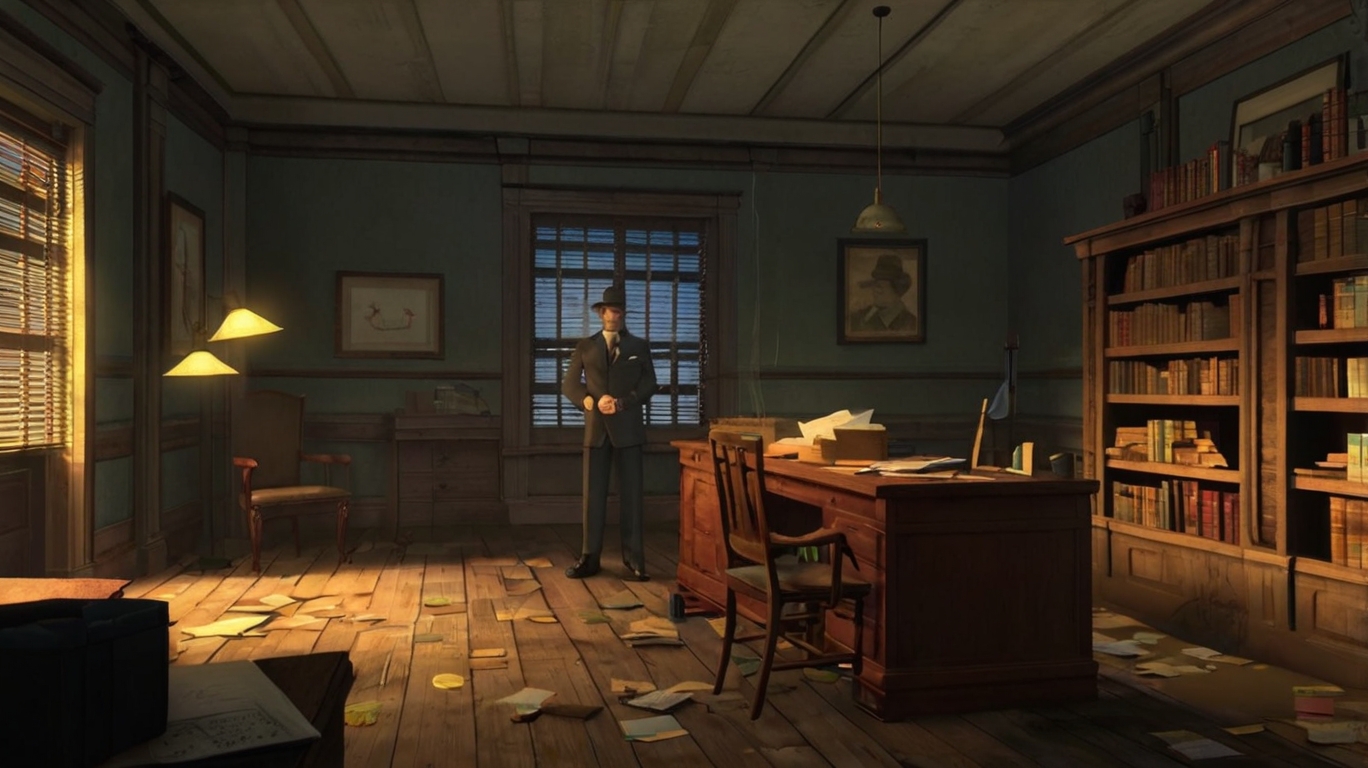
It was a busy evening when a curious client knocked on Melior Games’ inbox. “How long does it take to make a game?” they asked, their voices tinged with urgency and excitement. As the development team leaned in, eager to solve the puzzle of the game production timeline, the atmosphere was taut with anticipation. The ensuing case was so complicated that it might compete with the most elaborate detective tales. Grab your magnifying glass and a notebook; it’s time to investigate.
Case: Game Development Timeline
Chapter 1: Prologue (Concept and Preparation for Production)
Every mystery begins with a spark—a concept. Here, fundamental gaming principles are established, ideas are generated, and concepts are polished.
Key takeaways:
- Defining the genre and target audience.
- Creating a Game Design Document (GDD).
- Prototyping and Feasibility Study.
Examples:
- A casual mobile puzzle game like Candy Crush Saga might focus on simple mechanics and engaging gameplay loops.
- A narrative indie game like Undertale will emphasize unique storytelling and character design.
Estimated Timeline: 2 to 6 months. Simpler games can complete this stage quickly, while more ambitious projects need more time to lay the groundwork.
Section 2: Act One (Production)
The story takes shape. While programmers write intricate code, artists create vivid worlds, and designers make sure that every detail fits the story. The longest and most time-consuming stage is this one.
Key Takeaways:
- Develop core mechanics, level design, and narrative elements.
- Asset Creation: 2D/3D art, animation, and sound design.
- Regularly test your game to improve the experience.
Examples:
- A 2D platformer like Hollow Knight requires complex-level design and atmospheric art.
- AAA open-world RPG like The Witcher 3: Wild Hunt features a huge environment, detailed characters, and a complex quest structure.
Estimated time frame: 6 to 24 months. Mobile games typically take less time, while AAA titles or complex indie games can stretch over two years.
Section 3: Interrogation (Quality Assurance)
No great detective story is complete without uncovering flaws and inconsistencies. Quality assurance ensures that the game is polished, bug-free, and optimized for the target platforms.
Key takeaways:
- Testing for functionality, performance, and compatibility.
- Debugging and refining.
- Incorporating user feedback through beta testing.
Examples:
- A multiplayer shooter like Apex Legends requires extensive testing for server stability and balance.
- A VR game like Beat Saber requires extensive testing for motion tracking and hardware compatibility.
Estimated time: 3 to 6 months, depending on the complexity of the game and the number of platforms it launches on.
Chapter 4: The Big Reveal (Launch and Post-Launch)
The culmination is here! The mystery doesn’t end after the game’s release. Post-launch updates and community engagement are important. This builds and continues the game’s story.
Key takeaways:
- Marketing and PR campaigns.
- Day 1 patches and bug fixes.
- Planning for DLC, updates, or sequels.
Examples:
- A live-service game like Fortnite requires constant updates to keep it engaging.
- A single-player game like Hades may have updates with additional content or balance patches.
Estimated time frame: 1-3 months for initial post-launch support, although ongoing real-time games can go on indefinitely.
Case Closed
One thing becomes evident after the credits have rolled: the game’s development history is as distinct as the game itself. While a large-scale RPG can take five years or more to develop, a tiny independent puzzle game can be completed in a year. Every project needs a dedicated staff, careful planning, and flexibility.
At Melior Games, we pride ourselves on being skilled detectives in game development, piecing together every piece to create a masterpiece. So, if you have a game idea, let’s solve the mystery of bringing it to life.
The game development timeline is closed, but your adventure may just be beginning. Ready to start investigating?




